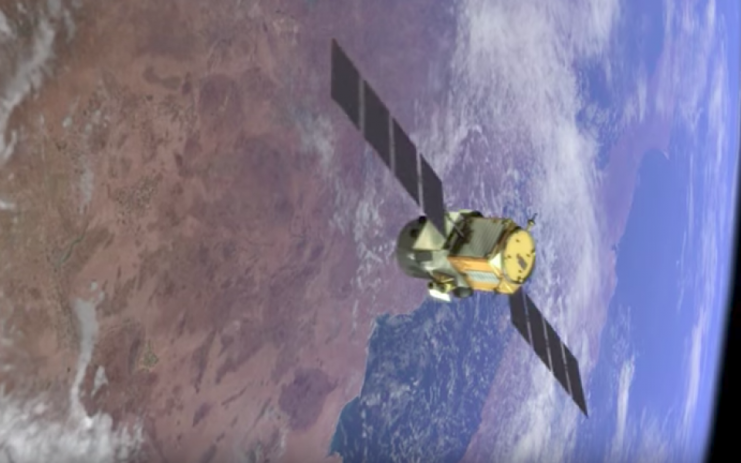New UK science minister unveils £15m cashpot for satellite comms innovation

The UK’s new science minister has unveiled a £15m fund for businesses to bolster their satellite communications technology.
Nusrat Ghani, who stepped into the position within Liz Truss’ cabinet at the beginning of the month, said the funding will help “to strengthen the UK’s position as a world leader in the satellite communications market” and boost STEM skills in the UK.
“There are a series of important programmes on the table and I want to harness opportunities in space to grow the UK economy, create jobs and inspire young people into STEM careers,” she said in a statement today.
A lack of STEM skills in the UK has left gaps in employment across the country’s pharmaceutical, defence and aerospace sectors.
The UK Commission for Employment and Skills revealed earlier this year that 43 per cent of STEM vacancies were hard to fill due to a shortage of applicants, leaving tech skills in even higher demand.
The skills shortage risks choking a number of sectors, but significantly jeopardises the UK’s ambitions to become a leader in the global space industry.
The UK currently sits behind the US and Germany in terms of global scientific output, according to a new report by the EA published today.
Funded through the UK Space Agency’s role in the European Space Agency’s Advanced Research in Telecommunications Services (ARTES) programme, businesses will enter into a competition that will run until spring next year for a slice of the capital.
The goverment is looking to see pitches for new satellite constellatons, as well as ground systems or new services altogether.
The £15m cashpot could generate millions for the UK economy in the long-term. The report also found that every £1 invested in ESA generated a return of £11.80 for the UK.
“Our ESA membership delivers huge advantages to the UK, by catalysing investment into the sector, backing innovative companies, and providing access to new missions and capabilities such as the James Webb Space Telescope,” chief of the UK Space Agency, Dr Paul Bate, said.
“This new report demonstrates how our participation in ESA translates into real results for the UK economy and continues to play an important role in meeting our national space ambitions.”